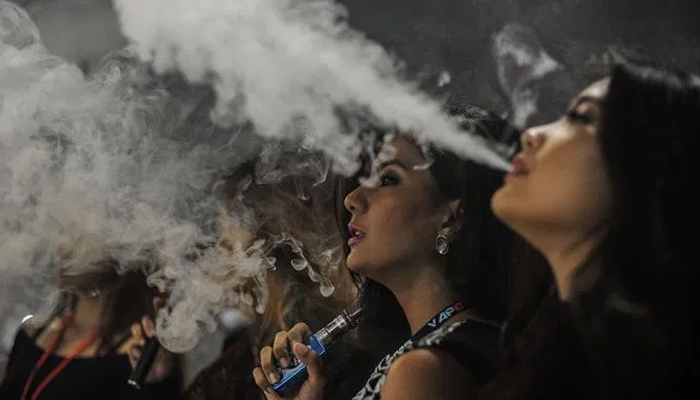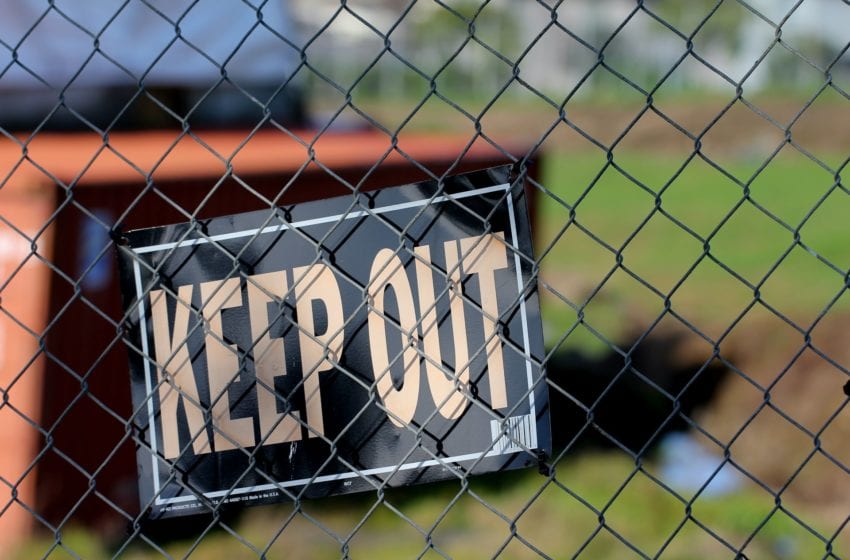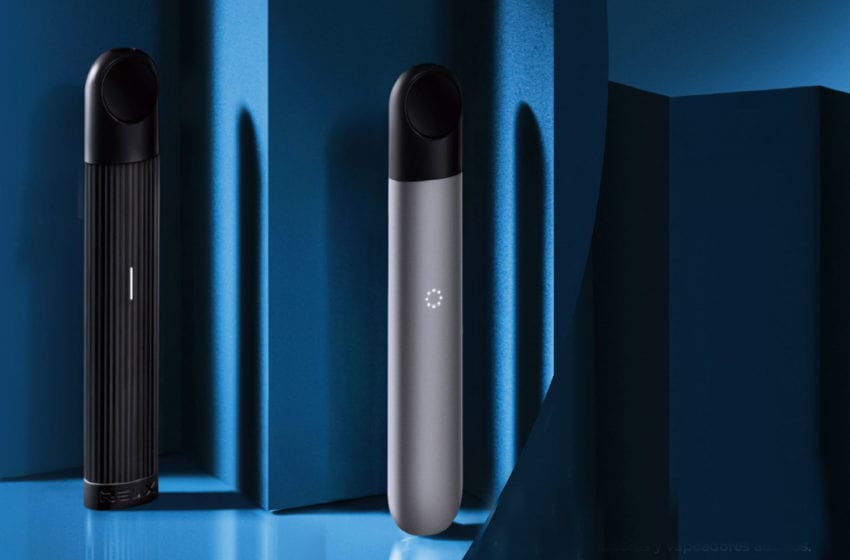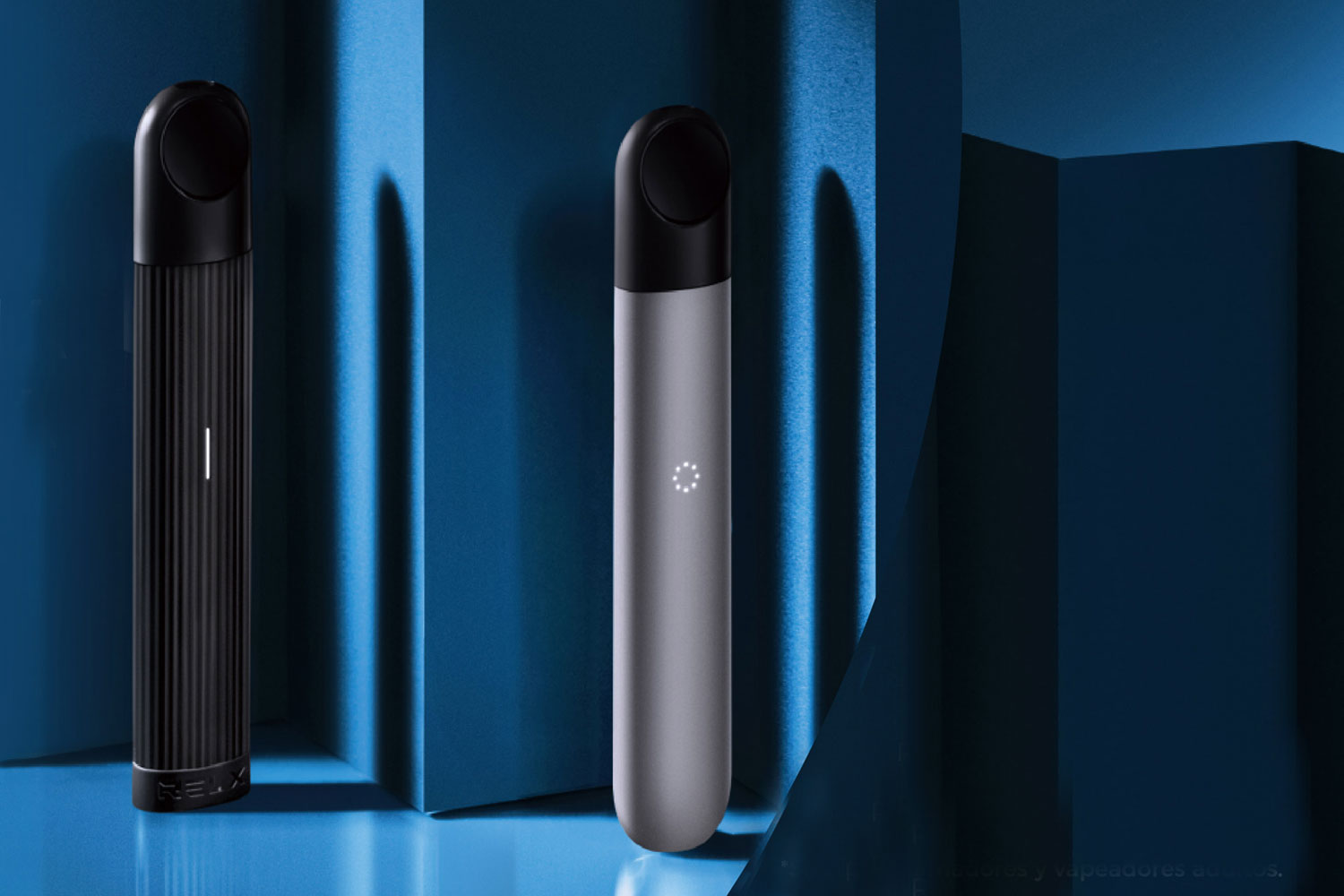
The Department of Education (DepEd) in the Philippines has expressed its support towards stricter measures on electronic nicotine delivery systems (ENDS) and electronic non-nicotine delivery systems (ENNDS), according to a statement penned by the agency’s leader.
“On matters related to substance use prevention, education alone is not enough. In their classes, we teach our learners how to reject harmful substances. Outside these classes, we need policies and structures that will help reinforce our learners’ health-promoting choices, complementing what we teach them in school,” Secretary Leonor Magtolis Briones wrote in her support statement. The letter was released during a public hearing on the provisions of the Vaporized Nicotine Products Regulation Act, according to press note.
The Senate hearing explored regulations on age restriction, online trade, product flavors, among other items. Currently, vaping products and heated tobacco products (HTPs) are already regulated under Republic Act 11467 (RA 11467), signed by President Rodrigo Roa Duterte in January 2020. Under RA 11467, selling vapor products and HTPs to persons below 21 years old is prohibited. However, the pending bills in the Senate, similar to the substitute bill at the House of Representatives, intend to reduce the minimum age of restriction to 18.
“This a real concern for us in DepEd. Before the pandemic, the Philippine Pediatric Society (PPS) has coordinated with us to explore the determinants of e-cigarette use among [Grades 7 to 9] learners [and results showed] that 6.7 percent [of 11,500 learners surveyed] have tried and are using e-cigarettes,” Briones said.
The PPS survey results showed that the top reasons for using vape among DepEd learners are online accessibility (32%), varied flavors (22%), and the belief that e-cigarettes are safer than tobacco (17%).
“Especially now that we are in a pandemic, I appeal to our legislators to approach the issue from a health perspective. We are all first-hand witnesses of how any threat or attack to a country’s health system eventually affects every other sector of public life, from economics to education,” Briones noted in her statement.



 The company intends to use the proceeds from the offering to drive substantial future growth, facilitate new product launches, increase working capital, retire outstanding debt, and for other general corporate purposes.
The company intends to use the proceeds from the offering to drive substantial future growth, facilitate new product launches, increase working capital, retire outstanding debt, and for other general corporate purposes.





 The state of Kentucky’s General Assembly has voted to remove the state’s 15 percent wholesale tax on vaping hardware when sold separately from e-liquids. The e-liquid will continue to be taxed at 15 percent. That was the intent of the original tax bill, Republican Rep. Jason Petrie of Elkton, sponsor of House Bill 249, an omnibus revenue bill, said at a February committee meeting. He said legislators had been receiving lots of calls about it, and the bill more clearly defines how open “vaping” systems should be taxed.
The state of Kentucky’s General Assembly has voted to remove the state’s 15 percent wholesale tax on vaping hardware when sold separately from e-liquids. The e-liquid will continue to be taxed at 15 percent. That was the intent of the original tax bill, Republican Rep. Jason Petrie of Elkton, sponsor of House Bill 249, an omnibus revenue bill, said at a February committee meeting. He said legislators had been receiving lots of calls about it, and the bill more clearly defines how open “vaping” systems should be taxed.






